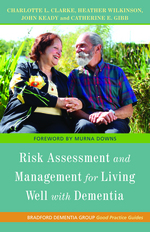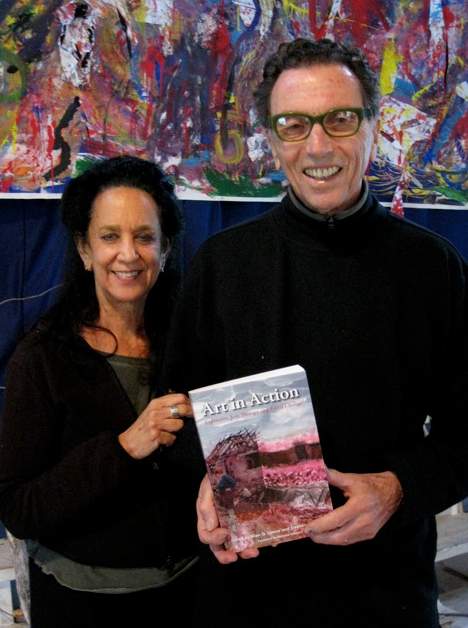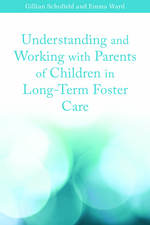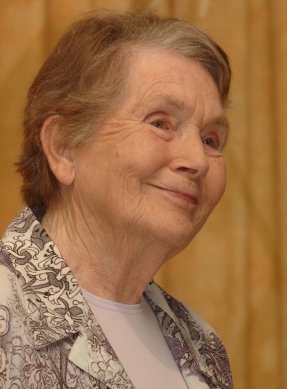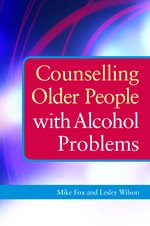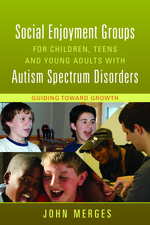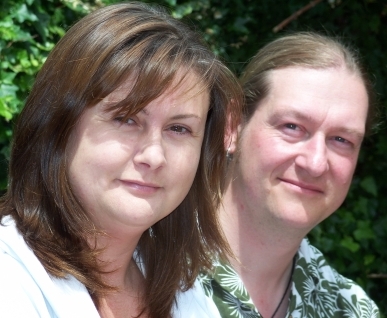Risk Assessment and Management for Living Well with Dementia – An Interview with author Charlotte Clarke
“People with dementia continue to have decisions about them made by other people who bring to that decision their own views of safety and risk – these can be very profound decisions such as where someone will live in the future. It continues to be essential to develop services that respect the views of people living with dementia so that the care they receive is of high quality (and this is not necessarily care that is ‘risk free’).”
